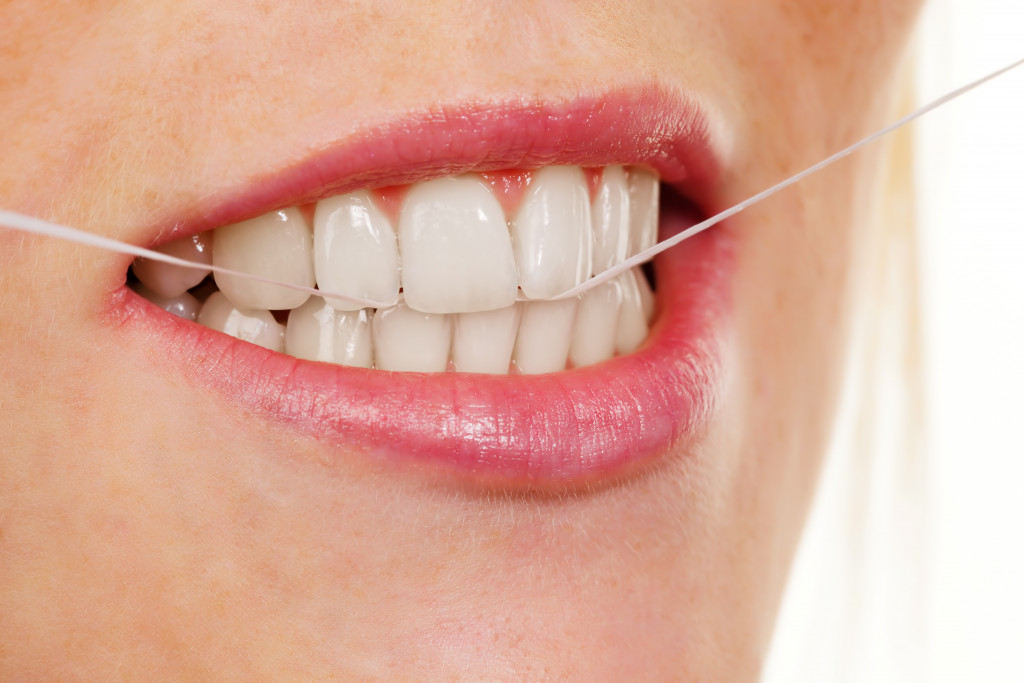Around 26 percent of American adults are experiencing untreated tooth decay. Just as concerning, 46 percent of adults aged 30 and up show early signs of gum disease. Even more disturbing is that nine percent suffer from severe gum disease.
Many people understand the importance of taking care of their oral hygiene. But they do not really understand why. Good oral hygiene has far-reaching health benefits for your whole body—not just your mouth. Here are some facts bout why it’s so important to keep up with your daily dental routine.
Basics of Oral Hygiene
Oral hygiene is a combination of brushing and flossing twice a day. Brushing removes plaque and food particles from the surface of teeth and helps fight bacteria that can cause tooth decay. Flossing removes food particles and plaque between teeth that your toothbrush can’t reach.
It would be best to visit a reputable dental clinic offering reliable dentistry services. Regular dental checkups are also important because they allow dentists to detect oral health problems as early as possible. Dental checkups can minimize damage or prevent further issues from developing.
In addition to following the basic oral hygiene practices listed above, you can also take steps such as avoiding tobacco products, limiting sugary drinks and snacks, and eating a balanced diet to help protect your oral health.

Benefits of Good Oral Hygiene
Good oral hygiene keeps your breath fresh and prevents cavities, gum disease, and other common dental problems. It’s also been linked to reducing the risk of heart disease, stroke, diabetes, and even dementia.
Prevention of Common Dental Problems
The main benefit of good oral hygiene is it prevents common dental problems. Brushing and flossing twice every day helps remove plaque buildup and food particles that can cause tooth decay, cavities, and gum disease. Regular visits to the dentist help catch any problems early. This allows for quick treatment to stop any further damage from occurring.
It also helps to reduce your risk of developing bad breath or halitosis. Routine dental visits can also help identify any signs of oral cancer, a serious and potentially deadly disease affecting thousands of people each year.
Prevents Cardiovascular Diseases
Recent studies have shown that people with poor oral hygiene are more likely to develop cardiovascular diseases. This is because the bacteria from their mouths will travel through the bloodstream, leading to inflammation in the arteries. So, good oral hygiene is linked to better overall physical health.
Reduces the Risk of Stroke
Research has shown that people with gum disease are more susceptible to strokes. The research found a correlation between bleeding and inflamed gums with changes in blood flow and oxygen levels to the brain.
Reduces the Risk of Diabetes
If you suffer from gum disease, treating it may assist you in lowering your blood sugar levels eventually. Attending regular dental visits for cleanings, X-rays, and checkups is crucial to prevent any future issues. Your dentist will be able to tell you how often you should have your teeth checked.
Reduce the Risk of Dementia
A recent study found that people who take care of their teeth may decrease their likelihood of developing dementia or experiencing cognitive decline. According to the research, the risk of developing Alzheimer’s disease is 21 percent higher for people with poor oral hygiene.
Effects on Mental Health
There appears to be a connection between oral health and mental well-being. Research has shown that people suffering from mental health issues are more likely to experience tooth loss, tooth decay, and periodontal disease.
Anxiety and depression
Poor oral health can also contribute to anxiety and depression, as people who are worried about their appearance or embarrassed by their teeth may avoid social interactions. In addition, chronic pain caused by gum disease or tooth decay can worsen symptoms of depression.
Good oral health habits and regular visits to the dentist can help prevent these problems and promote overall mental well-being. Taking care of your teeth and gums is an essential part of maintaining good mental health, so be sure to take care of your oral health by following the tips listed above.
Finally, it’s important to remember that taking care of your mental health is just as important as your physical health. So don’t be afraid to seek help if you’re feeling overwhelmed. With the right resources and support, it’s possible to manage oral and overall mental health.
Good oral hygiene is an essential part of keeping your whole body healthy. It goes beyond just keeping your breath fresh. By brushing twice a day, flossing regularly, and visiting the dentist every six months, you can reduce your risk for cavities, gum disease, heart disease, and stroke. Taking care of your teeth may seem like a mundane task, but its importance should never be underestimated. When done correctly, it could help you take care of your oral health. Investing in good oral hygiene now could lead to healthier teeth down the line.




